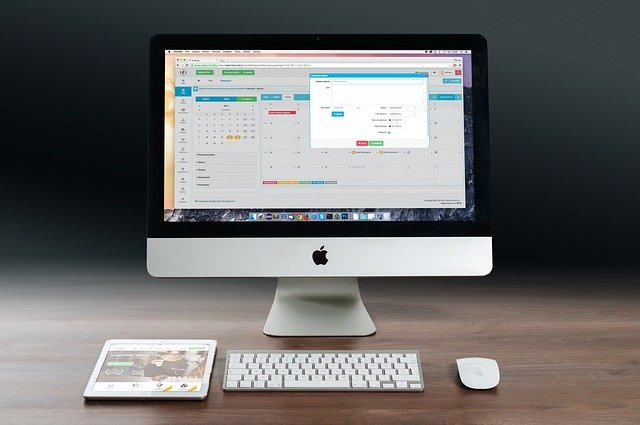So, you are interested in what type of computer will fit your needs best, but you may not know where to start. Purchasing computers can be frustrating when you do not know where to start. But the truth is that it’s rather simple, as long as you have some basic knowledge. Continue reading to learn more. Building your own computer can save a lot of money, while at the same time producing a system that is twice as powerful as you would get if you bought it from a manufacturer. Building your own computer saves time, money, and cuts out the middle man. Start building your own today!
Try These Tips And Tricks First!
- Gamers need to buy specific rigs. Make sure that there is a video card and a lot of memory included. You will also need special controllers and keyboards to boost the experience.
- If you have a home office or a small business, a laptop computer probably will not meet all your needs. While a portable computer is great when you are out and about, a desktop model is better if you need a printer, copier, fax and scanner. Also, many people find typing on a regular keyboard is easier than working on a laptop.
- When buying a desktop computer with the intention of creating DVDs or CDs of your own, take care to verify that the model you are considering has an integrated disc burner. While most new versions will have this feature, failing to discover that a particular model does not can lead to great frustration. Try to save yourself the aggravation in advance.
- If you do photo or video work, you’ll want a desktop computer with at least four cores. Called quad-core, this desktop will give you a lot of multitasking ability. Your computer won’t stutter when you have multiple big programs open. This will save you a lot of frustration during your work sessions.
- As you look for the right desktop computer for your needs, pay close attention to your intended type of Internet connection as well as whether or not a potential desktop model has a modem. If you are not able to connect to broadband due to your location, you will need a modem. Otherwise, you can purchase a computer that does not have one.
How to Buy:
- Consider upgrading your current desktop computer. If your computer is not doing what you want it to, or not working as fast as you’d like, you might want to consider making some internal changes to your computer. If you are not well-versed in this, you might have a friend who is or be able to learn how online.
- Before you buy a desktop computer, ask yourself what you plan to do with it. Figure out if you are only going to use it for work, play, or both. You need to consider the programs and media that you need to use. Check the desktops that you want to ensure the sound cards and graphics cards are enough to support them.
- As you select your desktop computer, pay attention to the sorts of software that are included, particularly if you need a word processing package. You need to be aware of whether or not you will receive a complete version of such software, or if you will just get a trial version that will require you to spend additional money later on.
- When searching for a new desktop, go into it with the idea to maximize your buy based off of your specific needs. Desktop computers come in a ton of shapes, sizes, and processing speeds, and abilities. There’s a huge variety, so it’s important to take a look at your workflow to make the best choice based on you. Don’t get fooled into a more expensive item than you need.
Final Verdict:
You’ll at least need a keyboard, mouse, speakers, and a monitor. But it could be that you also need a printer and some sort of hardware for your Internet connection. What other hardware might you need? Arming yourself with knowledge is the first step in the process of buying a computer. You should now have the basics down, and you should be ready to move on to the next step of purchasing one. You will want to make an effort to remember the information shared here, and you should have no problem with your purchase.
